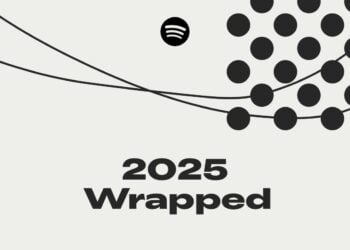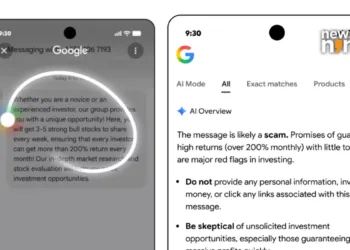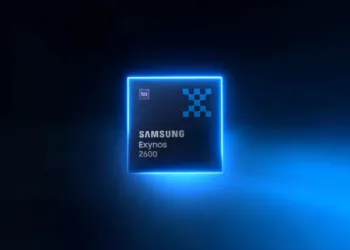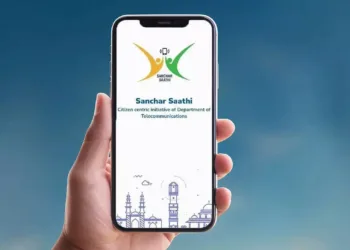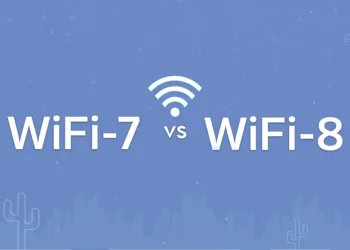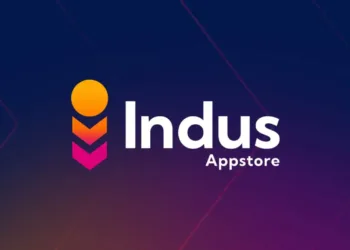OpenAI, the maker of the popular chatbot ChatGPT, announced the release of a software tool to identify text generated by artificial intelligence in a blog post on Wednesday. ChatGPT is a free programme that generates text in response to a prompt, such as articles, essays, jokes, and even poetry, and it has gained widespread popularity since its release in November, despite concerns about copyright and plagiarism.
The AI classifier, a language model trained on a dataset of pairs of human-written and AI-written text on the same topic, aims to differentiate AI-written text from human-written text.
According OpenAI, it uses a variety of providers to address issues such as automated misinformation campaigns and academic dishonesty.
In its public beta mode, OpenAI admits that the detection tool is unreliable on texts of less than 1,000 characters, and that AI-written text can be edited to fool the classifier.

Since ChatGPT launched in November and gained widespread popularity among millions of users, some of the largest school districts in the United States, including New York City, have banned the AI chatbot due to concerns that students will use the text generator to cheat or plagiarise.
Others, such as GPTZeroX, have developed third-party detection tools to assist educators in detecting AI-generated text. OpenAI stated that it is working with educators to discuss ChatGPT’s capabilities and limitations, and that it will continue to work on AI-generated text detection.
Also Read:


